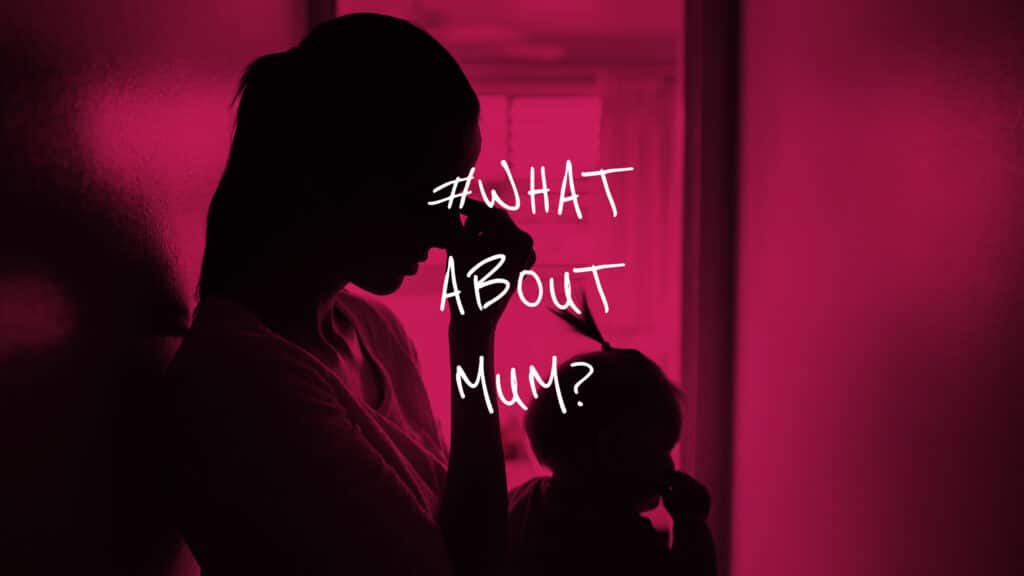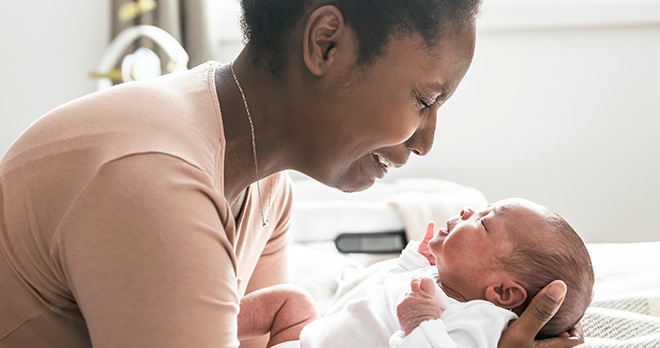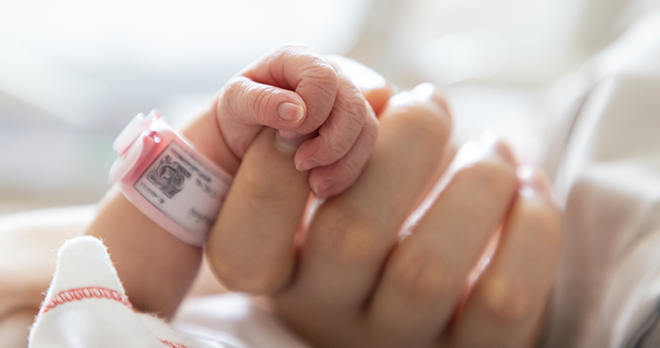Expectant mothers’ concerns should be listened to, especially when it comes to ICP

As a parent I cannot image anything more tragic than losing a child. Sadly, in my role as a medical negligence solicitor specialising in birth injury work, I still see cases concerning stillborn babies that could have been avoided.
My hope here is that we can raise a greater understanding of obstetric intrahepatic cholestasis (ICP), as well as a knowledge of concerning symptoms to look out for during pregnancy, to try to reduce the incidents of stillbirth arising from this condition.
What is obstetric intrahepatic cholestasis?
Intrahepatic cholestasis of pregnancy (ICP) is a potentially serious liver disorder that can develop in pregnancy. Normally, bile acids flow from your liver to your gut to help you digest food. However, in ICP the bile acids do not flow properly and build up in your body instead.
There is no cure for ICP, but it should go away once you have had your baby. Some studies have found that babies whose mothers have ICP have a higher chance of being stillborn. Because of the link with stillbirth, it is sometimes necessary to offer early induction of labour to mothers with this condition.
The story of M - when ICP is not diagnosed
My client, who I will refer to as ‘M’, was very much looking forward to the birth of her third child. She had not experienced ICP in her previous pregnancies.
M’s pregnancy initially progressed without any complications. However, at approximately 33-34 weeks she began experiencing itching on her hands and feet. M raised this with her midwife and showed how the itching had come up from her knees down to her feet and on her hands, around her palms.
M even reported that the itching was especially bad at night and she would make herself bleed, and even then it was getting worse. The midwife advised that her skin was probably more sensitive in pregnancy but that she would take blood tests to ensure there was nothing more serious.
Two days later, M received a telephone call from her GP informing her that the blood results indicated that she had abnormal liver function. The GP advised M that she should have the bloods re-checked urgently, suggesting she speak to her midwife first. M therefore telephoned her midwife and was told that the blood results would be analysed with a consultant obstetrician.
After discussing the blood results with the consultant obstetrician, the midwife advised M that the blood results were nothing to worry about and no further action was needed. She was advised to use products that were aimed at sensitive skin, but despite doing this M found that the itching continued.
At 39 weeks and 5 days of pregnancy, M experienced some abdominal pains which she thought must be braxton hicks (a way of preparing the body for labour which mimics real contractions). M recalls one particularly excruciating pain and when she now looks back on the events, she wonders whether that was when her baby died – a thought that, as a mum, you’d hope would never cross your mind.
Throughout the day, M could not feel her baby move as much and therefore decided to try to have a warm bath to see if that got the baby moving again. It did not. She and her husband therefore decided to go to the hospital.
Upon arrival at the hospital she was taken to a room while a midwife tried to find a heartbeat; something felt very wrong. However, the midwife said she had found a heartbeat, albeit very faint, and she therefore needed to go and get a doctor. At that time M felt relieved.
In a rollercoaster of emotions, when the midwife came back into the room she said that the heartbeat she had identified was very similar to M’s pulse; she wanted a doctor to do a scan to check if the baby’s heart was still beating. The doctor arrived and undertook a scan and M was advised that her baby had sadly passed away.
M was taken to a bereavement room and was told that protocol meant that she needed to have a second scan with another doctor to confirm the baby had passed away. The second scan confirmed her baby had died.
M had to endure 17 hours of labour to deliver her stillborn baby. She says it was only towards the end of the labour when she realised that her baby was not going to cry when she was born and she panicked and shouted for someone to put on some music.
M stayed at the hospital with her baby overnight. She was able to bath her baby and take photos of her. During this time, M was able to hear all of the crying babies around her on the labour ward.
When it came to saying goodbye, she was told she could leave her baby in the room and the midwives would take her down to the morgue or she could take her herself. M decided to take her baby herself. She held her baby wrapped in a blanket and carried her through the labour ward, down to the morgue. She described the moment she handed her over as, “as though her arms could not move because she did not want to let her go”.
Our investigations into M’s medical negligence case are ongoing, with the Trust concerned carrying out their own investigation into the circumstances of the stillbirth. They admitted that there was a failure on the part of the midwife and the consultant obstetrician concerned to recognise the abnormal blood results and itching and to monitor this further. M was not therefore offered induction of labour which we say would have meant that her baby was born alive and well.
Diagnosis and treatment of ICP
Other than the itching which M experienced, symptoms of ICP can include:
- dark urine;
- pale poo;
- yellowing of the skin and whites of the eyes (jaundice), although this is less common.
The symptoms of ICP typically start around 30 weeks of pregnancy but it is possible to develop the condition as early as eight weeks.
ICP is diagnosed by excluding other causes of the symptoms, usually itching. Blood tests should be taken (as they were in M’s case) to check liver function (LFT) and measure bile acid levels (BA).
If ICP is diagnosed then it is necessary to have regular liver function tests so that the doctor can monitor the condition. It needs close monitoring so that early induction of labour can be considered to avoid damaging the baby in utero.
Sadly in M’s case this did not happen, leading to a devastating outcome for her and her family. While it is true that itching is common in pregnancy, if this is experienced then it is important that this is appropriately investigated.
Mothers often report a feeling of knowing if something is wrong or not and that instinct can all to easily be dismissed. I therefore hope that through baby loss awareness week, we can raise our understanding of not only ICP but of the need for mothers to feel confident about raising any concerns they may have and for those to be properly listened to and investigated. Lessons need to be learned from the errors made in M’s case, and other similar cases, to avoid such a tragedy happening again.
Get in touch with our enquiries team to find out if we can answer your questions when you have suffered a maternal injury.
Call now

Read our What About Mum report
We asked new mums about their experience of childbirth - their answers might surprise you.
We ran a survey asking new mums about their experience of childbirth, covering their physical and mental wellbeing. The answers revealed a lot about maternity care and whether medical professionals are asking ‘What About Mum?’








